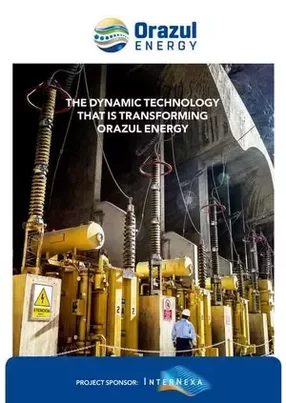Digital transformation at Orazul Energy: An interview with Hugo Bailon
Latin America is one of the global regions with highest energy production growth, where the industry is solid and has an important development horizon.
Orazul Energy is a leading company in the generation of electricity, which in Peru carries out its activities through its two hydroelectric plants and a thermal power plant, taking care of the environment and the communities where it operates.
Business Chief had the pleasure of speaking with Hugo Bailon, Chief Information Officer of Orazul Energy, on how technology is improving the company's operations and the strategies that are being carried out for the digital transformation of the company.
The energy industry – a dynamic sector
Bailon has developed his extensive professional career in the oil and energy sectors, attracted by the dynamism and the combination of operations in the field with activities regarding the natural resources offered by the industry.
He started working for Orazul Energy 14 years ago, a time in which he has developed a successful career path as IT Manager and finally as Chief Information Officer. He has contributed with his experience and expertise in the application of technology to the management of administrative and operational processes of the company in the region.
Orazul Energy is a company by and for Latin America, as Bailón explains: "The challenge in IT is to adapt to a corporate strategic framework, but at the same time to tune in with the local reality of each country. Operating as a region helps us to efficiently take advantage of synergies and, for example, to have access to solutions that a country alone cannot independently afford. Likewise, standardising technologies in a regional manner allows us to negotiate with suppliers from a more solid and attractive position.”
To carry out this regional strategy, technology is fundamental when it comes to execution to be more innovative, efficient and intelligent.
Orazul is mainly a generator of electricity, although it also participates in its transmission. Particularly in the case of Peru, it has hydrocarbon operations through the exploitation of a natural gas field and the transportation of that gas, together with its processing in a fractionation plant that produces domestic gas for the end user.
The energy sector is very dynamic by nature, since energy is produced and consumed in real time. Orazul produces hydroelectric power in two hydroelectric plants, as well as thermoelectric energy generated in a thermal power plant which consumes its 52.5 MMcfd of natural gas. More than 400km of transmission lines and 200km of gas pipelines complement these operations. To handle this great complexity and extension of operations, technology is fundamental to make all the components and variables of the process work in the most synchronised and efficient way possible.
Bailon explains that, in the energy industry, concepts such as the internet of things and real-time control systems have been used for many years, but it is recently that this technology is being taken to the business network.
The practicality, availability and cost reduction are making technology increasingly integrated into Orazul's operations and streamlining processes that were previously difficult and expensive: "As an example, before it was difficult to set up a lubrication plant, a hydropower plant or auxiliary services because of the high cost. Today, with the enormous supply and low prices of the internet of things, you can do that. Integrating this information with the information of the main process, it is possible to digitalise the entire environment where the productive process is developed, which allows us to make better decisions in a faster time," illustrates Bailon.
The journey towards digital transformation
Focusing on the digital transformation that Orazul has been experiencing for a few years, the company bases it on three fundamental aspects: human capital, technology and processes.
Orazul sees its employees as the best tool to carry out this transformation successfully, and in this way, it is committed to training and empowering its employees so that they evolve from performing operational tasks to more analytical ones in the processes they control.
Bailon illustrates this concept with the example of Orazul's electricity production plants and the role of the operators in them: "We must transform the process and also evaluate the capabilities of people. For many of the operational tasks, the smarter systems can take care of that in a more automatic way now. If you give information that is easier to digest, the operator can spend more time analysing what would be their most efficient and profitable operation at that moment.”
Both health and safety and sustainability strategies are aspects that are being benefited in terms of asset management and maintenance processes in the company's digitalisation. At Orazul, risk assessment, the environment and compliance with and adherence to laws and regulations is of the highest priority since culturally at Orazul, these issues are not sacrificed in pursuit of profitability.
More specifically, Bailon points to smart grids, self-generation, the increasing capacity of self-management of users and the integration of these factors into the system as agents that will radically change the market.
In the same way, he considers the interaction of companies with research and innovation centres as well as with start-up projects as an important part of the digitalisation and innovation process. Latin America currently presents a very attractive environment for investments in the energy sector.
Orazul in the future
Within a period of five years, Bailon sees the company fully integrated into digitalisation with solutions that integrate and automate the entire process, from production to online decision making as well as having all the plants operating via remote control.
He points out the management of all information and data received from automated processes as the next challenge to achieve, and to big data, analytics and artificial intelligence as key tools to explore all this information. Orazul is currently exploring pilot programmes to learn and find the right way to implement these solutions.
Digitisation has always been on the horizon for the energy industry and, more specifically in Peru, Bailon encourages companies to adopt this change as something positive that can boost and incredibly encourage the development of the sector at better costs and with a greater delivery of value.
He sees digital transformation as an integrated fact in daily life, which we are all already living though – therefore, it is a trend that companies have to consciously accept and take advantage of in order to improve their experience of their customers and improve the productivity of their employees.
"Sometimes you have to question if the business strategy is correct. What is happening is that with the access to these technologies the processes are transformed and suddenly other processes appear that did not exist before. Then the strategy must change. That is where those opportunities arise to transform businesses and find space to add more value or transform the business model. This creation of value should benefit not only the company, but also society in general," Bailon concludes.
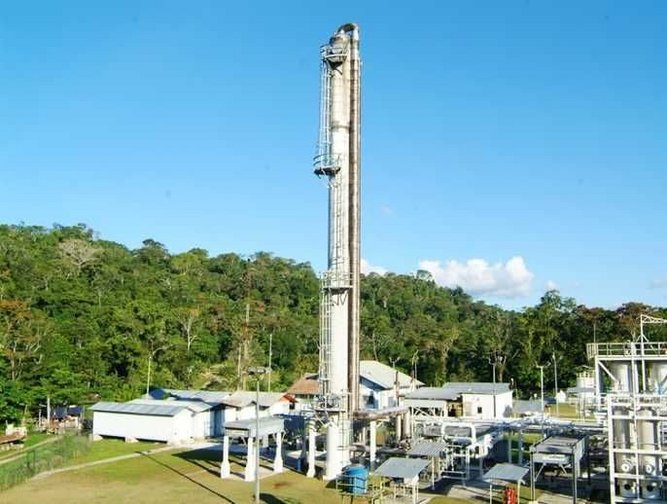
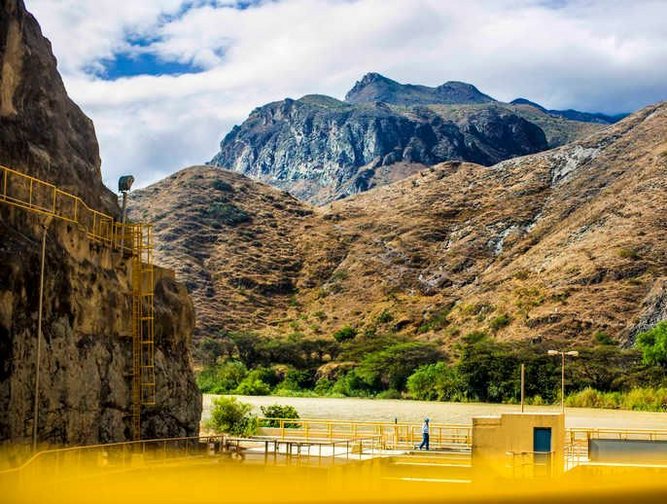
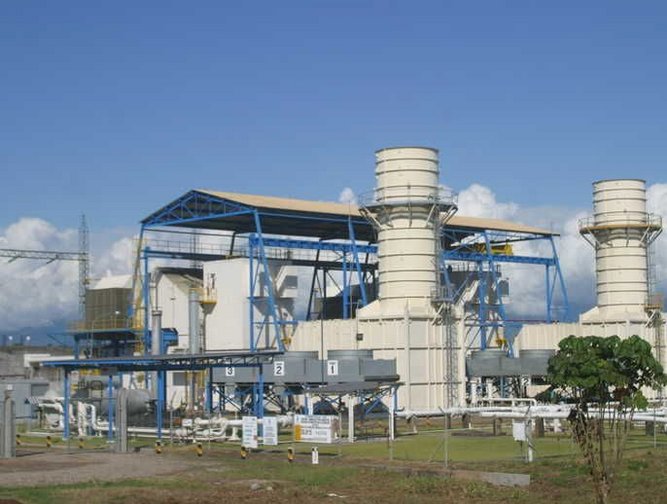

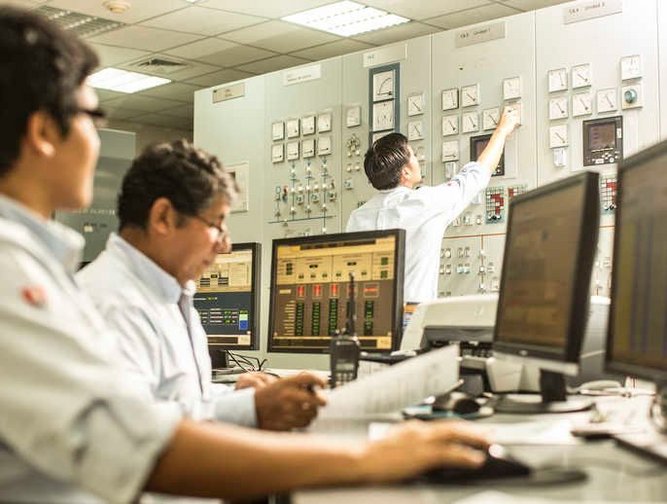
- Tan Delta Technology Empowers the Sustainable Energy SectorRenewable Energy
- Debunking Silicon Carbide (SiC) Myths: The Real StoryTechnology & AI
- Terabase raises US$25m for energy project construction techTechnology & AI
- How can businesses reap the benefits of mobile technology?Technology & AI

